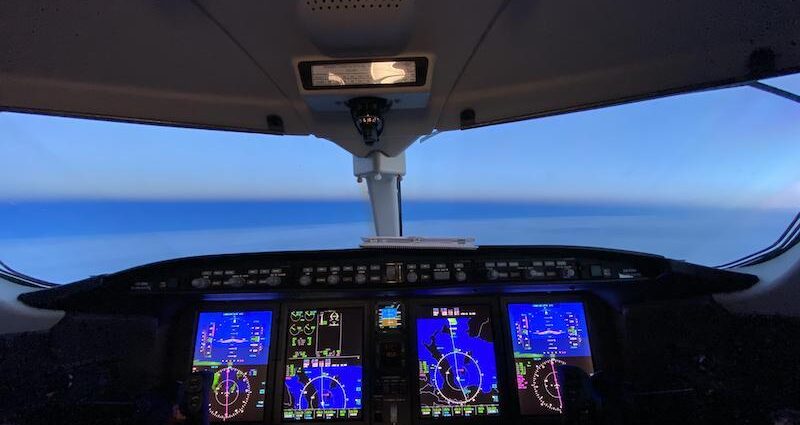GENEVA—As part of efforts to increase operational safety levels for business jet and other operators, Aviation Manuals is launching a risk-assessment safety management system (SMS) software package that interacts with a wide array of airport, weather and scheduling providers to offer wider situational awareness.
“The main objective here is simpler, safer,” says Clement Meersseman, vice president of strategic partnerships at Aviation Manuals, which is based in Rockville, Maryland-based.
“By integrating with a partner such as AC-U-KWIK—which provides information for airports, FBOs, and aviation support services—and weather services like NOAA and NOTAM information as well as other partners with scheduling software, we’re identifying risks and taking them in,” Meersseman says.
“We recently announced an integration beginning with Leon, one of the top scheduling software providers here in Europe, and then down the line we’re going to be bringing in other information that the operator has a lot of interest in like flight data monitoring. We’re also looking at fatigue risk management,” Meersseman says.
The input of additional information will boost situational awareness and overall safety awareness says Mark Baier, CEO of Aviation Manuals. “Anytime you start a flight, for instance, it’ll pull in weather, it’ll pull in destination information and any kind of risks automatically from your flight plan. Beyond that, say you’ve got a first officer that has low flight time and you’re going into a mountainous airport like Aspen, Colorado, you might identify that as an elevated risk element. It doesn’t mean you can’t fly with these risk elements. It just means you need to mitigate it,” Baier says.
“Maybe you take a copilot who has more flight experience, or you go when the weather’s better. As we identify from the software, those kinds of potentially risky behavior through the data and the metrics module, we help the operator basically determine if there’s some changes to the way they operate,” Baier says.
“The key is the adoption of SMS which we all know is actually good for the operator and we all know is going to make them safer and better. We’re really driving the adoption of SMS through these integrations and through simplification of the process for the users. A lot of SMS systems are designed for large operators that have a dedicated safety compliance team like airlines or large commercial operators. We’re really focused on bringing all the other operators to adopt SMS because we genuinely believe it’s going to make the industry safer overall,” he adds.

